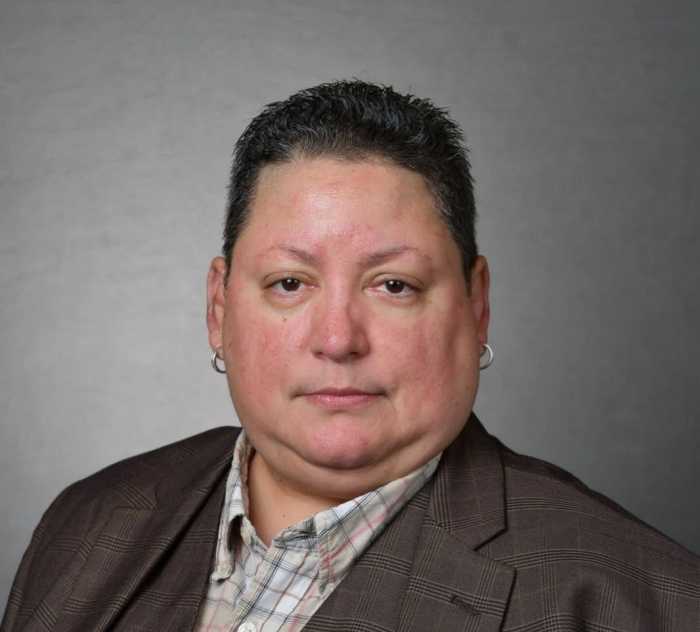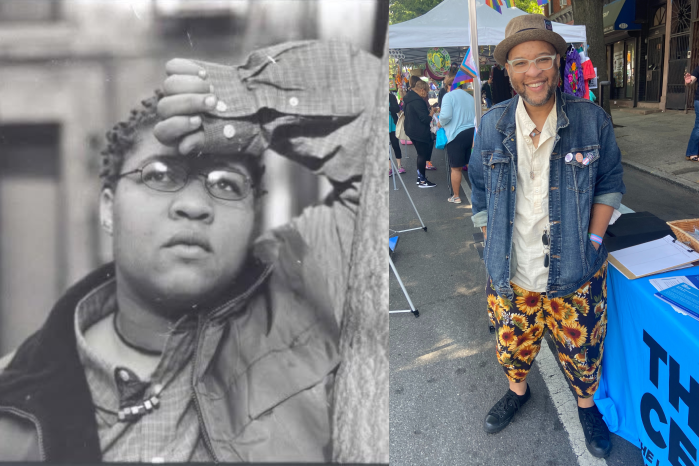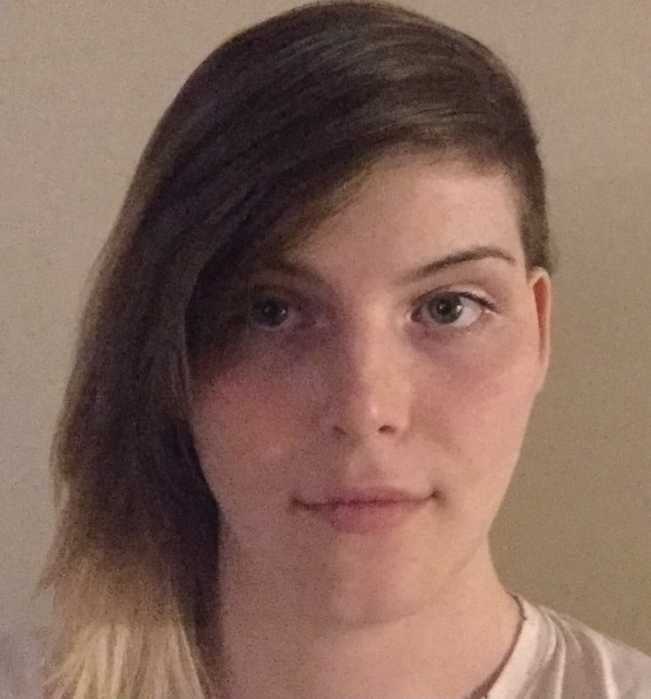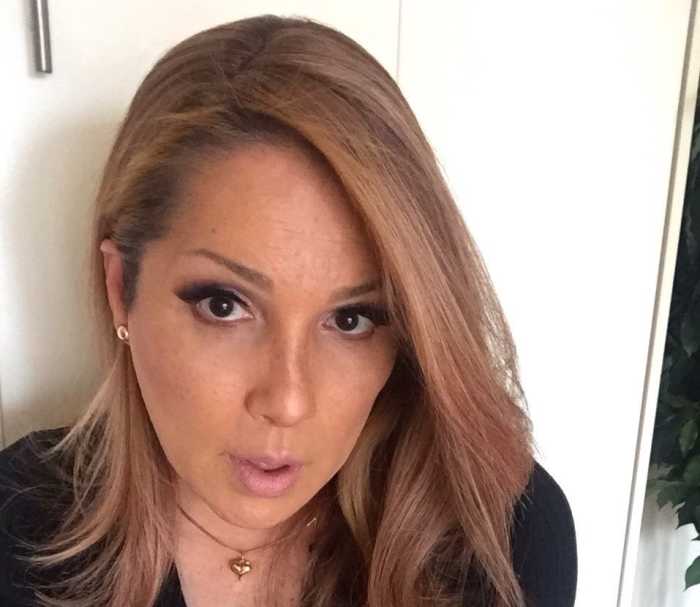BY WILL ROCKWELL | To mourn the victims of murder, incarceration, and intimate partner violence in their midst, this past December 17, sex workers, clients, and allies filled New York City's Metropolitan Community Church and marked the International Day to End Violence Against Sex Workers. The Day was honored by more than 27 cities this year, from Nairobi to Hong Kong. Here in New York, the high-ceiling room of the church reverberated with the names of the dead.
The list of the dead grows yearly. In 2008, Duanna Johnson, a transgender female, was beaten by Memphis police while she was in custody. Once released, three men shot her to death as she worked a street corner. This past July, the alleged murderer of Paulina Ibarra was finally taken into custody. The walls of Ibarra's apartment were said to be drenched in blood as a result of multiple stab wounds.
Ending Violence Against Queer and Transgender Sex Workers
The names are familiar to us all, but Johnson and Ibarra are only a handful of the scores of queer and transgender sex workers killed in the past few years. They share a great deal besides the brutality of their murders. They share facts that situate their killings in a pattern of who gets killed in America, and for what. They were gender non-conforming. They were people of color, and, whether by choice or circumstance, they traded sex for money.
On the Day to End Violence, our thoughts naturally gravitate to serial killings, and rightly so. This violence is not new to the queer and transgender community. Who among us could forget Jeffrey Dahmer? The majority of Dahmer's victims were hustlers lured by promises of cash in exchange for nude photographs. One of the 17 boys killed was named Jeremiah. He had a hole drilled through his skull so that hydrochloric acid and boiling water could be injected with a syringe.
The gruesome nature of Dahmer's crimes is perhaps unprecedented, but Dahmer is no exception. The world has committed to memory the name of John Wayne Gacy, Jr., who strangled and buried 33 boys underneath his Chicago home, many of them hustlers. Likewise, the perpetrator of the Atlanta Child Murders murdered at least 28 boys, all African-American. The thought of these young people facing death alone, in the cold arms of heartless killers, should fill every queer and transgender person with the same rage we wore proudly in the recent headlines decrying the epidemic of teen suicides.
Add to these lost boys the scores of transgender women who also traded sex, such as Johnson and Ibarra, who were targeted for cold-blooded murder. Consider the many non-trans women, whether straight or queer, who slept with men for money, and who are now dead in riverbeds and highway ditches, strangled by Gary Ridgway or fed to Robert Pickton's pigs.
The crimes are almost too bloody to conceive, the names too numerous. To cope, sex workers started the Day to End Violence, and on this day, we break the names down to faces and piece together the paraphernalia of the trade — condom wrappers, laced boots, acrylic nails — into a story of the last days of those lost. It is in this way that we stand witness and gather the strength to fight back.
In mourning those we have lost to murder, we must also remember those who remain. The Day to End Violence is as much about our own stories as it is about those who have been murdered. In my own case, I was a male hustler for more than four years, and before that I traded sex informally for food, shelter, and security. I left home at 15 to escape abuse and managed to take part in several causes championed by the “gay movement” — like HIV treatment access and ending queer homelessness. Yet, I have never seen a “community” effort to combat the criminalization, police brutality, and social benefits exclusion waged against queer and transgender sex workers.
The omission should not be taken lightly. Long before I was scraping my knees for $50-per-blow-and-gos, there have been queer and transgender people who traded sex. It was sex workers who threw the first heels at the police outside Stonewall. We have been denied the same jobs and social benefits, hounded by the same vice squad, locked up in the same prisons, and lain side-to-side in the same hospital beds due to lack of access to AIDS treatment.
“No humans involved” is what the police say to refer to many sex workers, queer and transgender folk, and people of color alike. The enemy sees our common cause, but why don't we? For many of us those identities come together entirely. It is on these bases that queer and transgender people must recognize a common cause in decriminalizing “prostitution.” With decriminalization, sex workers may report crimes to the police, qualify for benefits and healthcare, and improve the conditions of our work.
The thought has its corollary in the observation that violence against sex workers is also institutional. Politicians push quality-of-life policing and close our workplaces, resulting in fines and incarceration for minor conduct. The police use vague and far-reaching laws to harass us and cycle us through the system. Killers lurk in the dark, taking advantage of our isolation. And the media greases its distribution with the yearly bloodlettings of “'Jack the Ripper'” headlines, where “Hooker Murdered!” is just a placeholder, signifying nothing. We are not considered mothers, sons, brothers, cousins, or even neighbors to the public, just bodies to be murdered and moved, whether to prison or as dismembered body parts in the trunk of a car.
We gather on the Day to End Violence to protest precisely this dehumanization.
Like other queer and transgender people, we are castigated for our “lifestyle choices,” but while many of us choose this work fully, the fact is that as a result of racial and sexual occupational discrimination, lack of a living wage or affordable housing options, homophobia, and transphobia, many of us have been driven into the limited choice of sex work. The only lifeline for many is to trick. Studies show that it is precisely this lack of alternatives and isolation that fuels vulnerability to violence, and this isolation, from our families, friends, and intimate partners, is the product of stigma.
In a recent Daily News piece, incarcerated Long Island serial killer Joel Rifkin laughed aloud at the interviewer's inquiry as to why sex workers were targeted by him and the “Seaside Slayer.” His response was simple, “No family,” he said, “no one is looking.” The unprecedented and global turnout at the recent Day to End Violence puts a lie to Rifkin's claim. As Audacia Ray, one of the event's organizers, said, “Our families are made by blood, by choice, and by love. The idea that no one cares when we go missing comes from people who don't care. We care.”
As a male hustler, someone who proudly straddles the line between our communities, I invite you to stand witness, too, as our communities first did at Compton's Cafeteria in San Francisco and Stonewall. Our enemies are too great for sex workers to defeat alone. I urge you not to allow the mainstream of the movement to desert us in hopes of future “respectability.” Queer and transgender people will never be respectable in the eyes of America, no matter how much property we own or how normal-seeming our demeanor. Our dignity and “respectability” shouldn't be measured by some external standard. True respectability is measured by our commitment to a concept of liberty that includes all people.
Visit the site of the Sex Workers Outreach Project (SWOP-NYC) at swop-nyc.org to find out more about the Day to End Violence. Rockwell's blog Sex! Work? is at http://williamrockwell.wordpress.com. To contact Will Rockwell, write will@spreadmagazine.org.


































